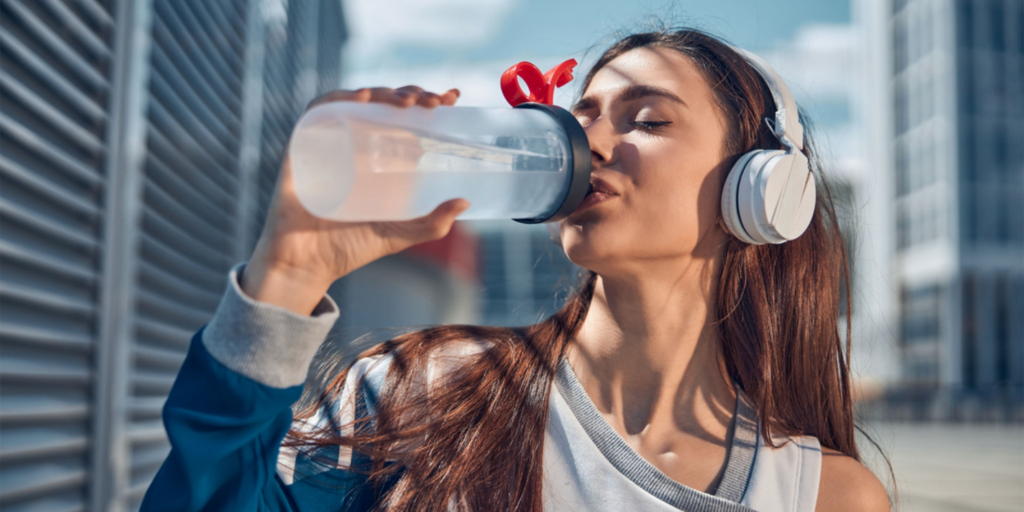10 Signs You Are Not Hydrated Enough

But sometimes dehydration can creep up on us unsuspecting.
How do we know when we are dehydrated?
Here are some tell-tale signs.
Dry mouth
Woe betide unfortunate victims of the dreaded cottonmouth! Dry mouth takes place when the salivary glands are unable to produce enough saliva and can be a tell-tale sign of dehydration. It can cause chapped lips, bad breath, and oral hygiene.
So, it’s best avoided.
Dry skin
Keeping hydrated is often cited as key to a good beauty regime. And that’s no surprise. When we are dehydrated we struggle to produce sweat to wash away dirt and oil. This can lead to breakouts. A simple “pinch test” can serve as an effective method to see whether you are dehydrated.
Dry eyes
When we are dehydrated our eyes can struggle to produce sufficient moisture. Eyes can become bloodshot, itchy, and vision can become impaired. No one wants to walk around looking like they’ve spent the winter hibernating in an Amsterdam coffee shop. Drop, dissolve, drink.
Joint pain
Water makes up the majority of lubricant in our joints. When fluid levels drop the capacity of our joints to absorb shock from sudden movement drops, and we can also experience pain and irritation. Keeping hydrated helps keep joints in good nick, not just for the final ten minutes of the match when you are chasing a winner, but through to the end of the season.
Headaches
When fluid levels fall, blood volume also plummets, and less oxygen flows to the brain. This can cause headaches, dizziness, and light-headedness and affect our cognitive performance, making it hard to concentrate and absorb information.
In such circumstances O.R.S. can serve as food for thought.
Fatigue and lethargy
Dehydration is thought to be the cause of one in ten consultations for tiredness and fatigue in the UK. Often patients are surprised by the diagnosis. From a scientific perspective sluggishness and lethargy occur because when we are dehydrated our blood pressure drops decreasing blood flow to the brain.
Muscle cramp
Gym buffs listen up! Maintaining the body’s natural fluid and electrolyte balance is key for proper muscle contraction. A dearth of sodium and potassium, for example, can cause muscle spasms, and cramps. If your heading to the gym keep hydrated to avoid inflammation and muscle pains and maintain muscle mass.
Very yellow urine
Keeping hydrated essentially helps us flush waste out of the body. Dark, strong-smelling urine is often indicative of an over-concentration of waste materials, and hence, that we are dehydrated. Urinary infections and kidney stones are painful and embarrassing so drink up.
Heating up
Water helps regulate our body temperature. When we get too hot we sweat to cool down. But when we are dehydrated we are unable to sweat effectively to lower our body temperature and can quickly overheat. When we overheat we can experience some of the other unpleasant symptoms on this list, like muscle cramps, and headaches.
Hunger pangs
Dehydration can be deceptive. Sometimes it causes us to think we need food when we need more fluids. This confusion occurs in the hypothalamus (the part of the brain that regulates appetite and thirst) when blood pressure is low. Keep track of your fluid intake throughout the day, especially when working out, or doing physical activity, to avoid any confusion.

